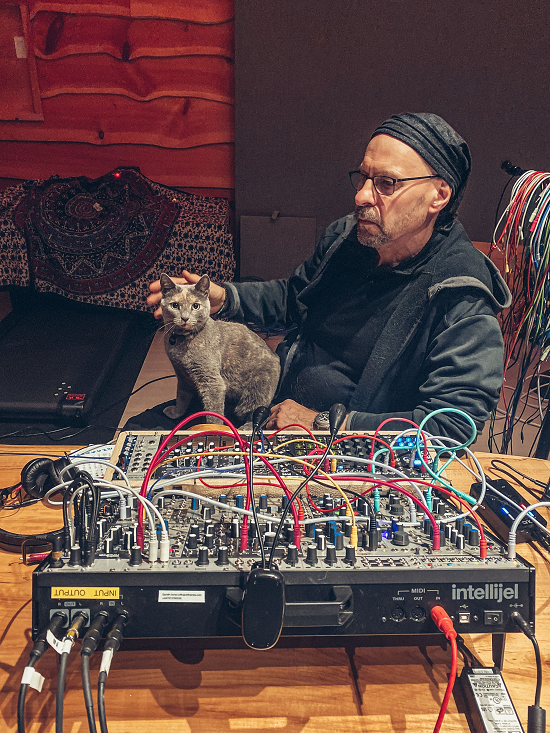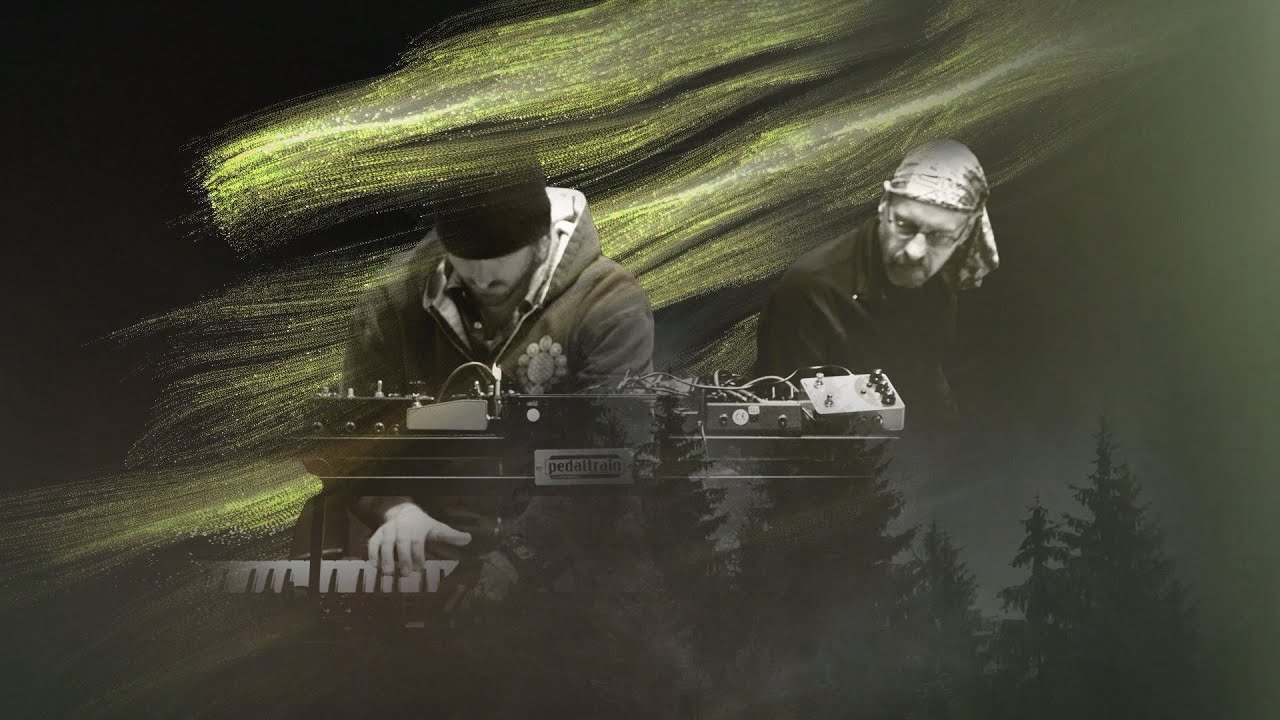Saying that Gareth Jones helped shape the sound of popular music isn’t anywhere near as hyperbolic as it seems. His engineering and production work with Depeche Mode in the mid 1980s alone, and regular work with Erasure over three decades, are mere highlights of a career that fully kicked into gear with his assisting John Foxx in recording the groundbreaking Metamatic. His lengthy stretch working at the Hansa studio in Berlin is monumental – there’s a reason a song like Depeche’s ‘People Are People’ still sounds that massive. Besides any number of artists signed or affiliated with the Mute label, from Einstürzende Neubauten and Wire to Yann Tiersen, he’s also worked on efforts by Interpol, These New Puritans, Clinic, Grizzly Bear and many others.
An ever-busy man, he’s creating music as half of Sunroof, a collaboration with Mute founder Daniel Miller, who release their debut album next month. In addition to that project with his long-time friend and collaborator Miller, Jones is also working on Nous Alpha, a duo with American musician Christopher Bono that releases a new album A Walk in the Woods in early May. Reached via video chat in his cozy studio setup, Jones discusses that record. "I’m kind of a naive musician and a noisemaker really, and a sonic artist. I make riffs and beats, and melodies of course. But certainly in Nous Alpha, my friend and colleague Chris is the muso in the duo. Chris is a maximalist by inclination, and I’m a very severe minimalist. So somewhere we meet. With the album, I tried to instantiate a track restriction. I said, ‘Let’s pretend we’re making it on a 16-track analog machine.’ This helps us focus, so I definitely bring my love of the ‘less is more’ aesthetic into the Nous Alpha world."
That sense of minimalism and restriction shows in his own favorite albums that helped shape him in earlier decades, but there’s a lot more to hand than simply those characteristics. First, as a listener at home, "my parents felt that anything that was not in the classical canon was basically rubbish, and as a youngster I went along with their worldview for a while.” Then as an increasingly adventurous teenager and university student in the late 1960s and early 1970s, Jones embraced a growing variety of sounds, serving him well as he began his formal recording career.
Separate from his list, Jones also wants to give a nod to the entirety of Kraftwerk’s career. "I suppose like many of us, you buy the catalogue. You buy the catalogue on vinyl, you buy the catalogue on cassette, you buy all the catalogue on CD, and then you buy it on remastered vinyl again. In the end for me, it’s always the original vinyl that I prefer. I love the vocal deliveries, the electronics are without peer. It has elements from everything: a great melodic sense, groove, like incredible electro. They’ve always been the grandfathers for us. In my early work with Depeche Mode and Erasure, that’s how we referred to Kraftwerk, in the way that Depeche Mode are the grandfathers for some of the techno movement that came out of Detroit and Chicago. For us, Kraftwerk were always somehow the grandfathers. They were out there trailblazing, and really not putting a note wrong."
Referring to his choices as a whole, Jones notes that "they’re all made by prodigiously capable and talented musicians, which is wonderful, because that’s how so many of us appreciate music. Eclectic, am I? I love all kinds of different music [though] I find it really hard to draw direct connections between this list that I’ve cobbled together for our little chat and the work that I do now. Everything feeds in, in its own way."
To begin reading Gareth Jones’ Baker’s Dozen, click the image of him below. Sunroof’s Electronic Music Improvisations Volume 1, a collection of eight improvised modular pieces, is the debut album by Gareth Jones and Daniel Miller and released on the Parallel Series of Mute on 21st May



